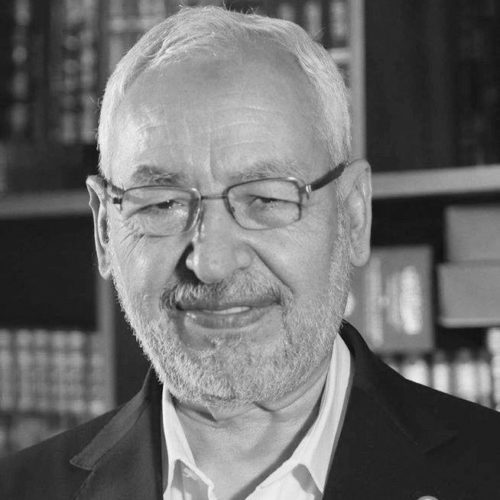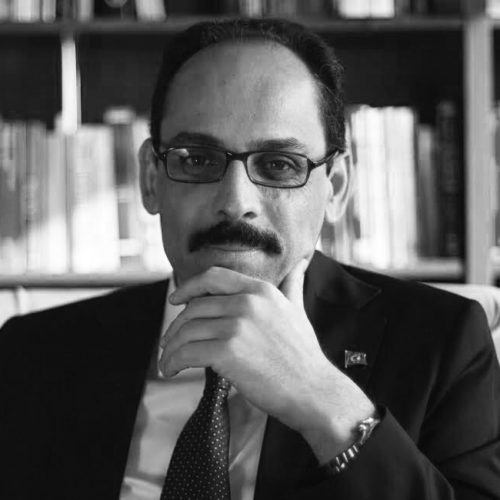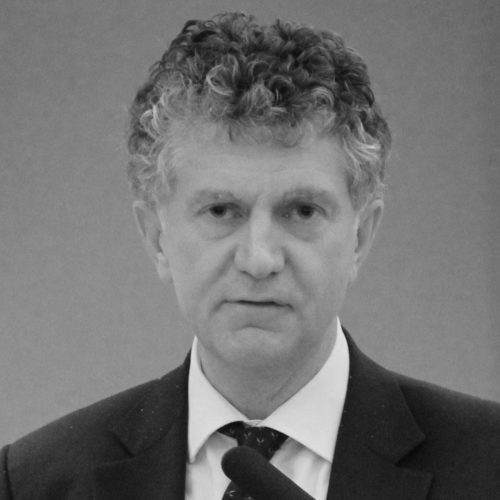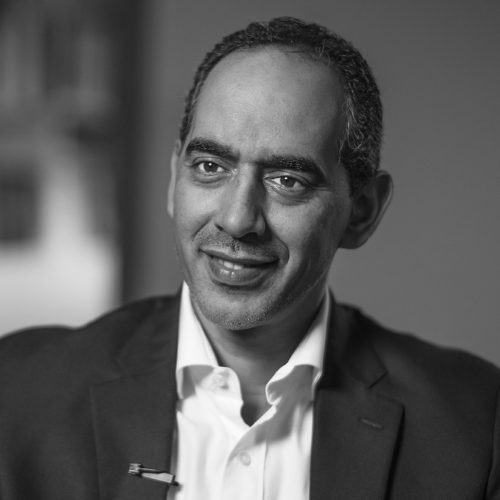TRT World Forum hosted an esteemed panel under the title of “Emerging Trends and New Threats in the MENA Region.” The panel was moderated by Imran Garda, Presenter of “The Newsmakers” at TRT World, and attended by Rached Ghannouchi: Tunisian politician and co-founder of the Ennahda Party, Ibrahim Kalin: Spokesperson to the President of the Republic of Turkey, Jonathan Powell: Ex-minister and director at Inter Media and Tarik Yousef: Director of the Brookings Doha Centre. The panel session delved into topics most pertaining to the Middle East today and which have affected the course of events regionally and globally over the past six years.
The panel session started with a speech by Rached Ghannouchi, who spoke about his perspective of the Arab World, the current situation and where he believes the Arab World is headed. Ghannouchi stated that the Arab World is in a process of democratic transition, and despite the challenges it has and is facing, it will eventually overcome – and the revolutions which engulfed the Arab World in 2011 – will succeed.
The panel discussed the need for the region to take agency and regain its ownership over its stories and events: the need for the decolonisation of the MENA region in the political, linguistic, social and intellectual sphere. This also lead to the discussion of the role of theology and religion within the MENA region, and if Islam is compatible with politics. As such, Ibrahim Kalin tackled the sectarian focus within the discussion, stating that states today exploit sectarian issues for the sake of their national interests. Ghannouchi on the other hand, approached the issue from a governance perspective, claiming that governance in Islam does not require Muslims to create completely new systems of governance, nor does Islam require them to rule as per the past; rather that Islam came with guiding principles, leaving the intricacies of a system to be decided by the people of the time.
It is also worth noting the discussions that took place on the impact of military intervention in the Arab world and the abandonment of the Syrian people. Jonathan Powell argued that there was a lack of nuance in the West’s strategy regarding their intervention in Libya, stating that the West learnt the wrong lessons from Iraq and instead of assisting the Libyans properly in their democratic transition – they left halfway, leaving a vacuum for terror and chaos to thrive. Tarik Yousef capitalised on Powell’s point, and went further to state that a unified entity containing powerful actors in the MENA region, similar to that of the European Union, needs to be established. By establishing a unified alliance between MENA countries, the region would be able to claim agency and take back control of its own matters.
Concluding, the panel explored both theoretical and practical aspects of the threats and trends the MENA region is passing through at the present time. A question from the audience prompted Ibrahim Kalin to remember Ibn Khaldun, claiming that the lack of ‘Asabiyya’ – or group solidarity – in MENA based societies today is one of the main contributing factors for the region’s problems. The lack of unity amongst MENA states and their people, speaking their stories in languages other than theirs, approaching their problems via Western countries, and looking outwards for scapegoats to blame before reflecting inwards – is what has driven the MENA region to the state it is in, more than any outward threat such as terrorism and Western intervention. For this to change, Middle Eastern states will need to look within, and trust that their issues can be solved first and foremost by regaining control, and unity.



